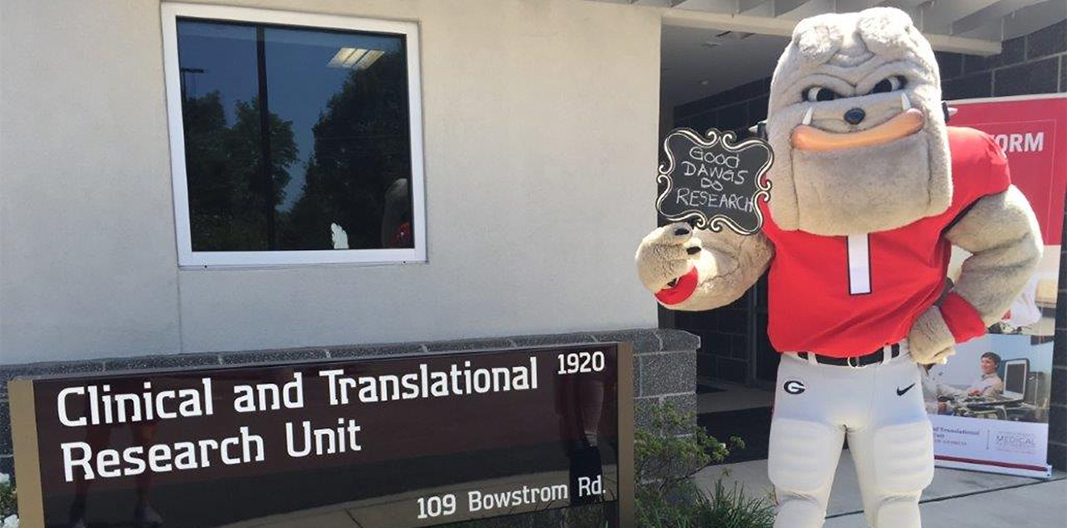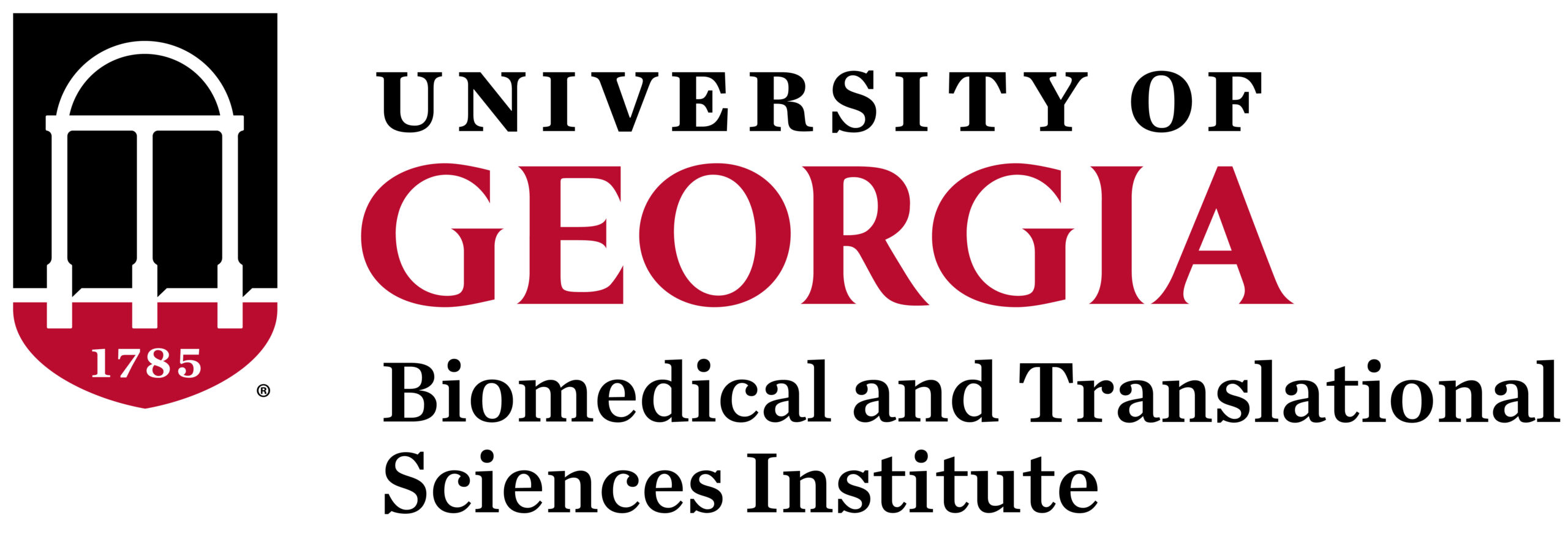The institute was established in 2001 to advance the University’s basic and scientific research through the development of diagnostic tools, therapies, and training focused on improved health. As the University’s ecosystem for biomedical and translational research flourished, the Institute was renamed the Biomedical and Translational Sciences Institute (BTSI) in 2021. BTSI continues to connect the classroom, laboratory, clinic, and community as a primary site for research discoveries, training, and new technologies through a One Health lens that can be translated to understanding, diagnosing, preventing, and treating disease.
The BTSI is committed to:
- accelerating discoveries and knowledge sharing between human, animal, and environmental health
- energetically pursuing alliances focused on advancing biomedical research and education with other research institutions, the community, and the private sector
- capitalizing on the unique ability of the University to integrate research with training to prepare a new generation of biomedical scientists and translational science workforce
- increasing the breadth and intensity of the University’s One Health and biomedical and translational research
The Biomedical and Translational Sciences Institute (BTSI) was established in 2021 to advance the University’s basic and scientific research through the development of diagnostic tools, therapies and training. BTIS is committed to providing novel biomedical interventions and education in an effort to enhance the health of individuals and the community.
BTSI’s extensive scientific network aims to lead the translational discourse as a primary site for research discoveries, training, and new technologies relevant to understanding, diagnosing, preventing and treating disease. Through our publications and competitive training opportunities, we aim to translate promising research into compelling patient care.
The BTSI is committed to:
► increasing the breadth and intensity of the University’s biomedical and translational research
► identifying and implementing new strategies to ensure that as a result of faculty initiative and institutional commitment the program achieves international prominence
► energetically pursuing alliances focused on biomedical research with other research institutions and the private sector
► capitalizing on the unique ability of the University to integrate research with training to prepare a new generation of biomedical scientists and health professionals.

